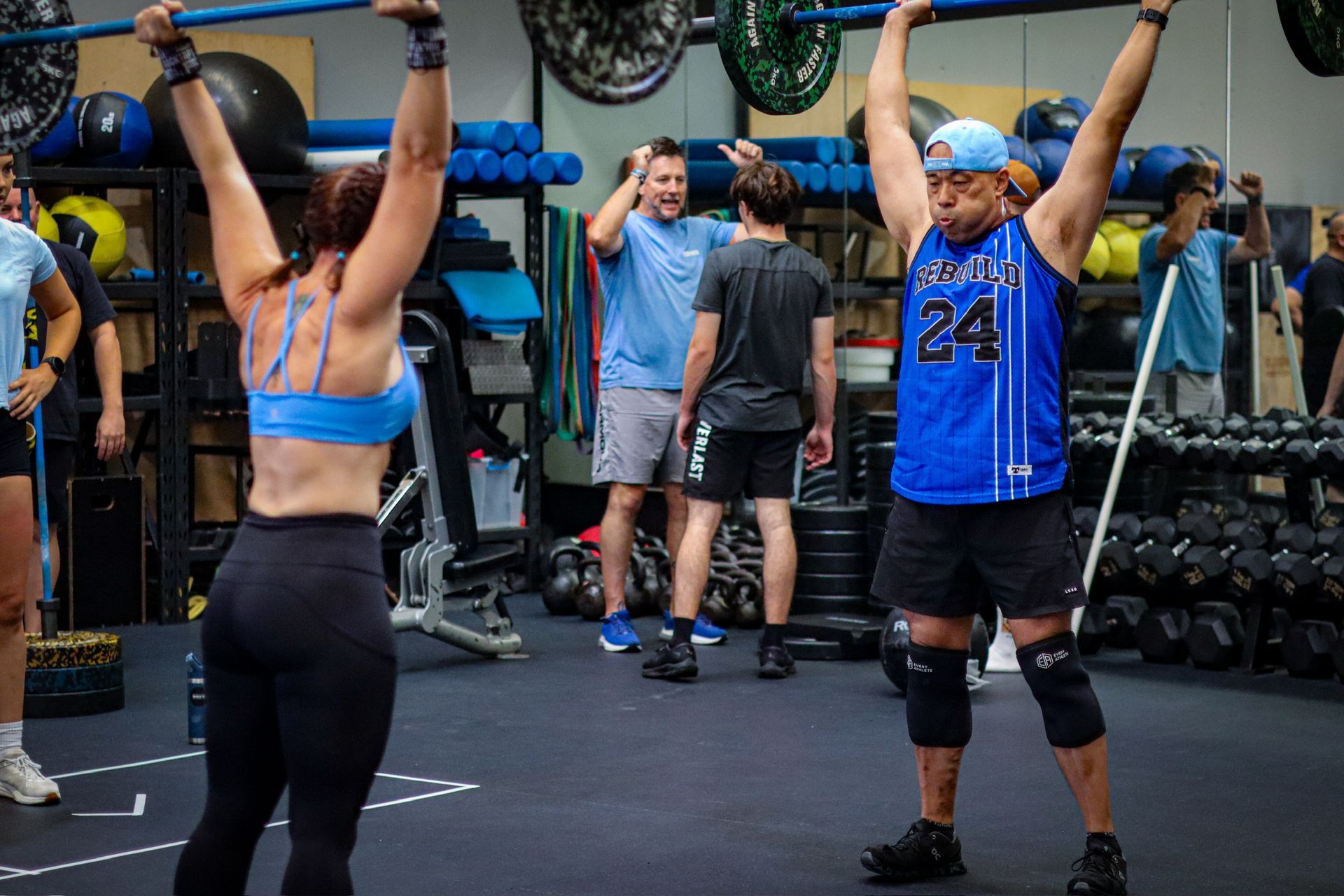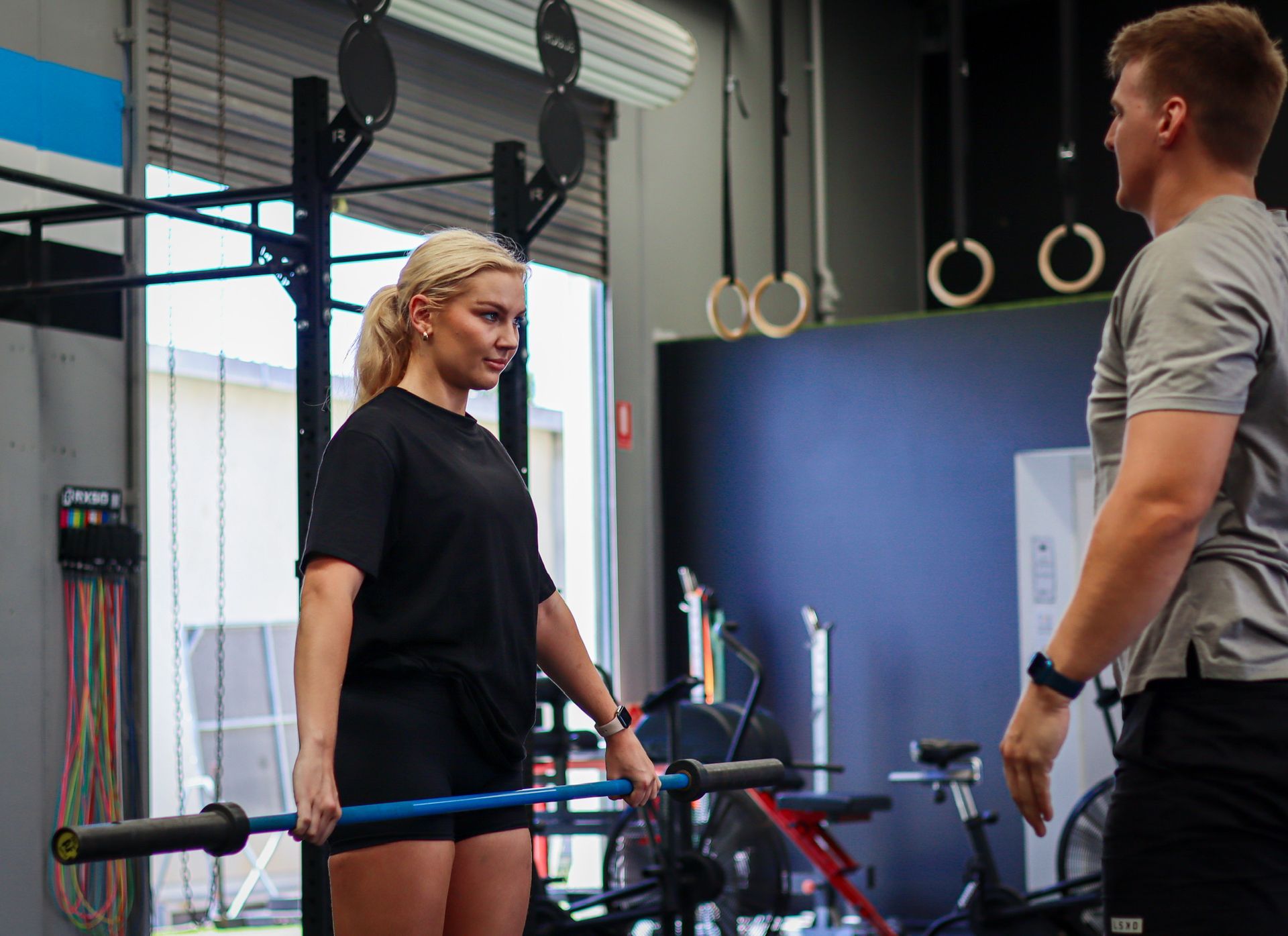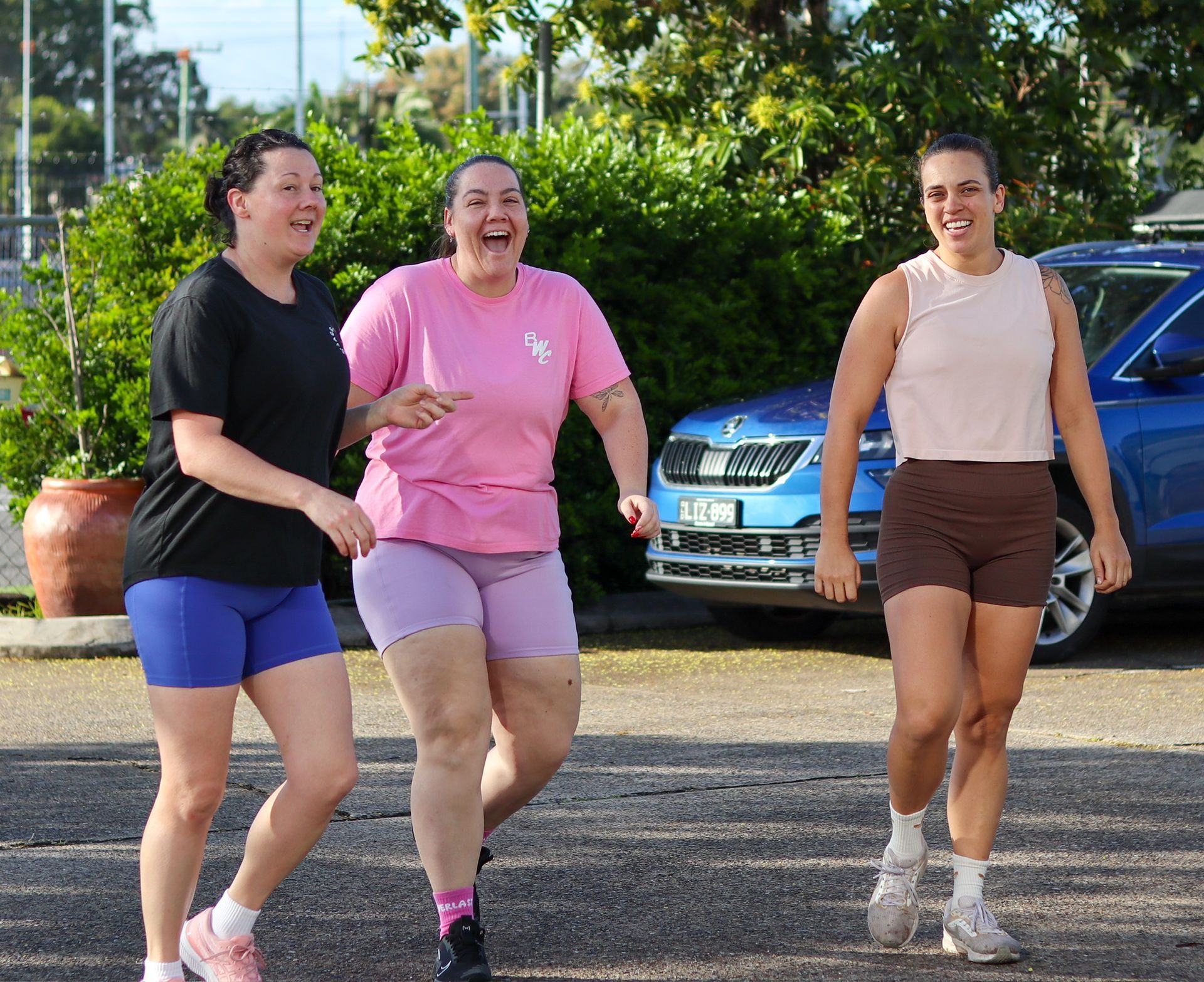What is Health?
What the fuck is health? I am starting to not know anymore, people seem to be worrying about my health more than their own these days. Which is a bit strange. OH WOW Bethany, you eat food from the earth, bathe in lavender for 20 minutes daily, train 12 times a week while doing naked meditation in your back garden while balancing on a tree branch and only drinking coffee from them weird animals in Bali that poop coffee beans (true story)? Good on you, Beth. Please tell me more…Society is strange, we have been brought up believing to be healthy you have to be/do X, Y, Z, and that has been embedded in our head for years through our elders, the news, magazine etc. I walked to meet some friends a few weeks ago holding a sugar free Redbull and you’d think the world was going to implode “You can’t drink that, it’s bad for you! Wait what so I can’t have one 0 Calorie drink of diet Redbull but you can have 6 coffees a day, beer each night, drugs on the weekend and you are overweight, yet this drink here is bad for me? society is strange, but I don’t even blame him. So what is health? Is it training and nutrition? Is it a persons mental or physical condition? Is it the state of being free from illness or injury? The WHO (not the band) The world health organisation defined health as ‘a state of complete physical, mental and social well-being and not merely the absence of disease or infirmity’ Most of us reading this email are here looking to improve our health and fitness, but I like to think critically about everything so let’s break a few things down then and look at how nutrition can help. First, let’s start with what ISN’T healthyMissing out on fun things with your friends and family because of dietingRestricting yourself so much that it leads to binge eatingBeing scared of foodsGoing out drinking even though you don’t want to because that’s what your friends are doingDieting so hard it plays havoc with your menstrual cycleNot feeling safe in your environment Now, what is Health…Health is Physical, psychological, social, emotional, intellectual, environmental and morePhysical – To do no harm to ourselves, to be active and to fuel ourselves and our needs? Psychological – Empowerment of the decisions you make and to take ownership of your actions. ? Social – To understand you don’t have to shy away from social engagements for fear of failing your results, to take your lifestyle into consideration. ? Emotional – To build better relationships with food, finding a path that suits your being, to become more at peace with yourself. ? Intellectual – To create and stimulate the brain, to be empowered by our decisions and to reduce obsessive tendencies ? Environmental – I really like adding this one in as I believe your environment plays a massive role in all of these above. The people that you are around, the place that you live. Are these things having an impact on your overall health? With all these factors above we can’t simply ignore genetics either, but we can nurture them to seek improvements in all aspects If you have a good understanding of the above and you feel like you have a grasp on each factor then that is great to hear, really great. For others it takes work, it takes years of trying and failing. But every time we fail and try again we are learning. That is exactly how we learn. With nutrition and physical health Remember there are no bad foods or even unhealthy meals there are only unhealthy diets. No one food can make you unhealthy. Health is a factor of the long term cumulative on dietary choices made over time. Don’t let someone put you down for wanting something you enjoy, you shouldn’t feel like a prisoner to food you are not owned by food. Don’t let food dictate your social life. I hope reading this you understand health is much more than meets the eye, all parts need to meet and we need a good grasp on each factor, which is what myself and my clients work on daily.
Previous Blogs




